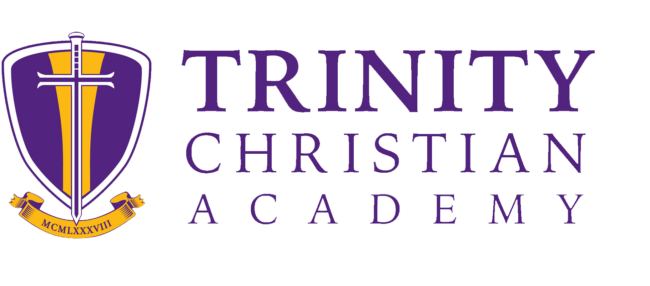Assessments at Trinity
Standardized Testing Philosophy and Framework
Trinity’s philosophy on standardized tests is that these tests are tools to help us review the effectiveness of our curriculum in language arts, reading, and mathematics, as well as to help us understand our students’ academic needs. Standardized tests are just one method of assessment out of many which we use to create an accurate portrait of the academic achievement of all Trinity students. Teachers regularly use many other kinds of assessments in their classrooms to measure student progress during the year.
Preschool
The Gesell Early Screener (GES) assists educators, and other professionals in quickly producing a snapshot of a 3 to 6 year old child’s development in the following areas:
- Cognitive
- Language
- Motor
- Social and Adaptive Skills
All Preschool students are assessed by their teachers in the fall and again in the spring to track their growth and development over time.
Grades K-2
Students are assessed by their teachers using the Dynamic Indicators of Basic Early Literacy Skills (DIBELS) test early in the school year, mid-year, and at the end of the year to track growth in early literacy and reading skills. The DIBELS test is a reliable and valid indicator of early literacy development and measures the following skills related to general reading outcomes:
- Letter naming fluency
- Phonemic segmentation fluency
- Nonsense word fluency
- Word reading fluency
- Oral reading fluency
Test results are used to evaluate individual student development, as well as provide grade-level feedback for teachers to use when planning instruction in the classroom.
Students in grades 1-2 also complete assessments in mathematics using Dimensions tests in early fall to establish a baseline of content knowledge, and then complete mid-year and end-year assessments to track growth over time.
Students in grades 1-2 complete a writing assignment, which is scored using a rubric, to establish an initial level of competency in writing and will complete specific writing tasks over the year to track their progress over time.
Grades 3-8
Educational Records Bureau (ERB)
In the fall and winter, students complete ERB’s Milestones online periodic assessments in Reading Comprehension and Mathematics in order for teachers and parents to learn about students’ understanding and track growth as the school year progresses. Results are used to look for trends and patterns in testing data so that we can better serve our students in the classroom.
Students complete ERB’s paper and pencil CTP-V each spring to measure academic growth over time in all areas of Language Arts and Mathematics. We analyze how well the curriculum is meeting our academic goals, as well as to track class and individual student progress.
Grade 9
Freshmen complete the PSAT 9 in the fall and the Pre-ACT 9 in the spring. Data from these assessments are used to identify areas of strength and areas for improvement during high school.
Grade 10
Sophomores take the PSAT/NMSQT in the fall and complete the Pre-ACT in the spring. Results are used to continue to track growth and improvement over time.
Grade 11
Juniors complete the PSAT/NMSQT in the fall, which may qualify them to compete in the National Merit scholarship competition, and they take the ACT at school in the spring. Test results continue to serve as tools for identifying where to focus instruction and improvement over time before taking the final set of assessments as seniors.
Grade 12
Seniors register to take the SAT and/or the ACT during time frames that fit their personal needs. Results are used as part of the college application process. Students can opt to take AP exams in the spring.
ERB Interpretation
The information below is intended to help parents of students in grades 3-8 understand their children’s CTP-IV (ERB) reports, which are received several weeks after students complete the assessment in October.
Individual Narrative Score Interpretation
- Grade 3: Primary Grade Parent Report
- Grades 4-9: Individual Narrative Report
Lexile Framework for Reading
Visit the Lexile website to learn more about your child’s Lexile score. Find books to match your child’s reading level.
Quantile Framework for Math
Visit the Quantile website to learn more about your child’s Quantile score. Find family-friendly math activities that match your child’s math level.
